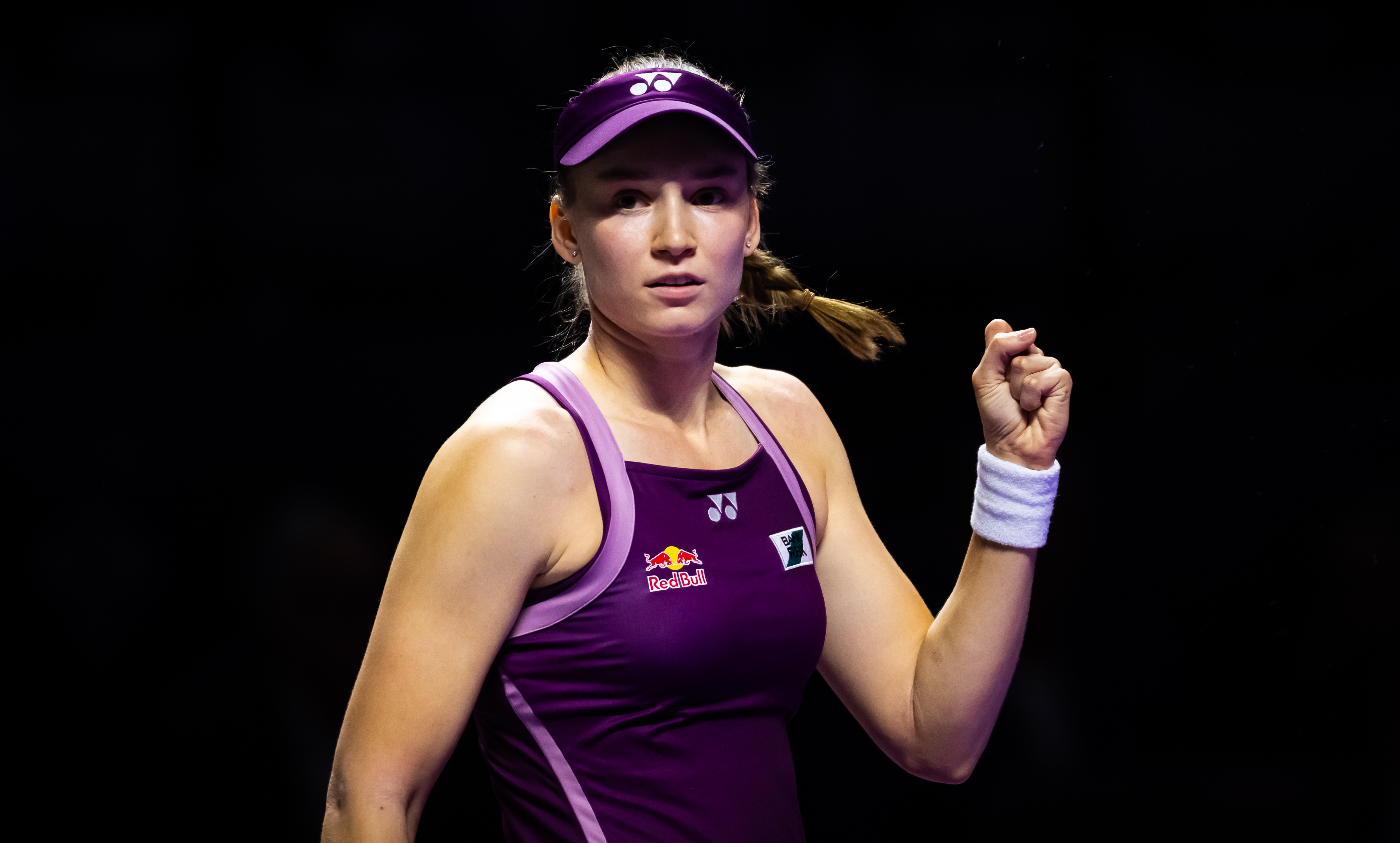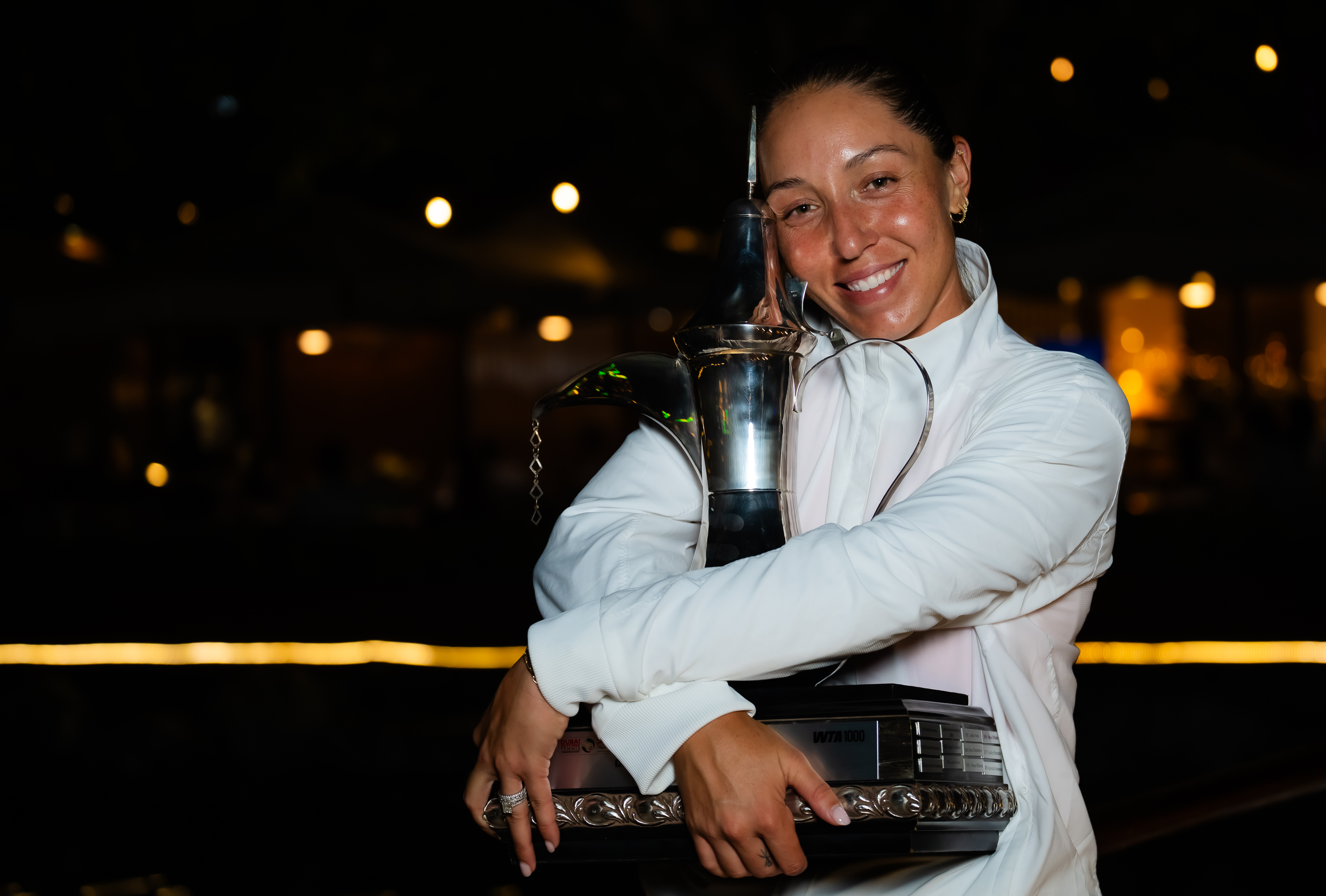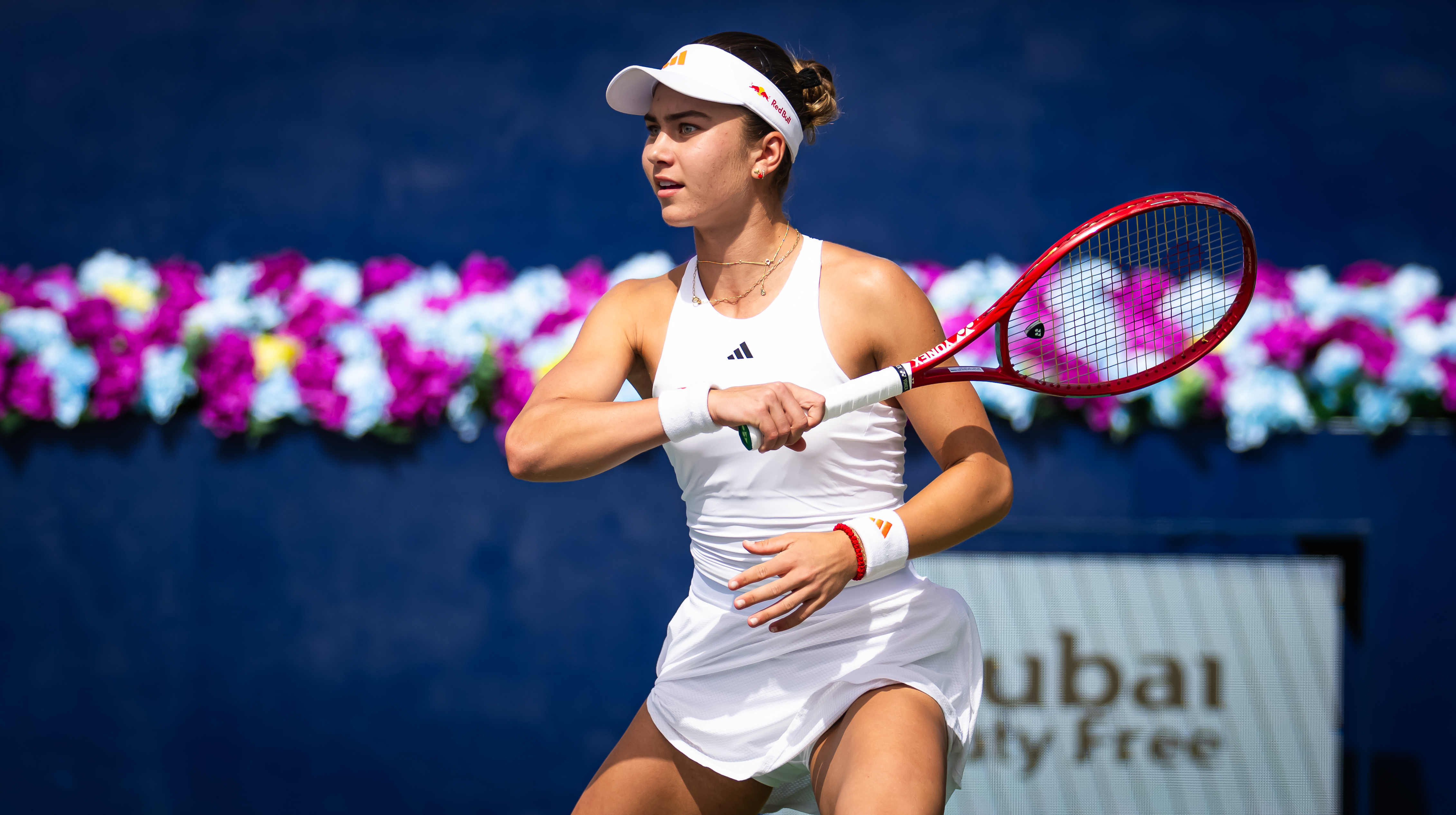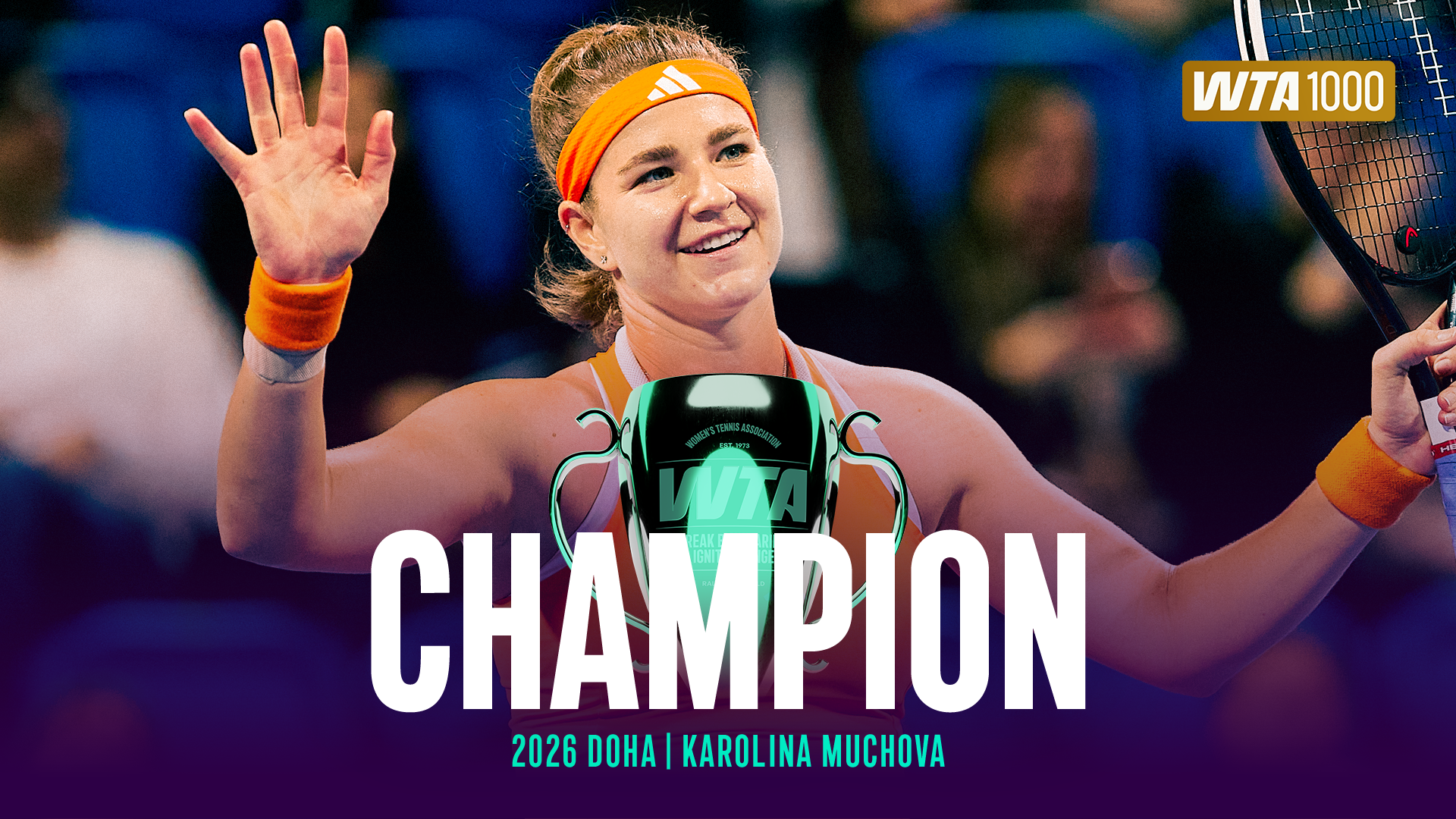Rybakina surges into WTA Finals semifinals
Exhausted from a relentless Asian swing, Elena Rybakina channels her season’s frustrations into commanding wins, becoming the last qualifier to first reach the semifinals in Riyadh.

In Riyadh’s vast indoor arena, where the ball’s crisp thwack cuts through the hushed anticipation, Elena Rybakina stepped onto the WTA Finals court as the final entrant. While the top six qualifiers enjoyed a week’s rest, she had just endured a punishing schedule across Asia, clinching titles and points under pressure. That grind now powers her through the draw, turning fatigue into focus as she dismantles higher seeds with clinical precision.
Forging momentum from late qualification
Rybakina’s path to this stage demanded urgency after a fourth-round loss to Marketa Vondrousova at the US Open left her in a tight race for the last two spots. Mirra Andreeva led with back-to-back WTA 1000 titles in Dubai and Indian Wells, followed by Jasmine Paolini, while she trailed after middling results in Beijing and Wuhan. In Ningbo, as the No. 3 seed behind Andreeva and Paolini, she swept four matches for the title and 500 crucial points; Andreeva fell early to Zhu Lin, and Rybakina ousted Paolini 6-3, 6-2 in the semifinals.
A visa issue kept Andreeva out of Tokyo, securing Paolini’s place, but Rybakina pressed on, saving a set point against Victoria Mboko in the quarterfinals to guarantee her third straight Finals appearance. The 5,000-mile flight to Riyadh followed, capping 11 matches over four events in 29 days. She arrived weary, yet determined, her voice steady in the press room last Friday as she downplayed the jet lag.
“It wasn’t an easy trip, that’s for sure,” Rybakina said. “A bit of jet lag. I had couple days off. I would say, of course, not the freshest, but I think when the competition starts, it doesn’t matter, you try to do your best. Yeah, we will see what’s going to happen.”
This season marked her first in four years without a Grand Slam or WTA 1000 final, yet she alone notched double-digit match wins across majors, 1000s, and 500s. Her streak hit nine after a 6-4, 6-4 win over alternate Ekaterina Alexandrova on Wednesday, a low-stakes affair that honed her rhythm amid the group’s intensity.
Serve powers tactical dominance indoors
On these fast indoor hardcourts, where the ball skims low and true, Rybakina’s serve becomes a weapon of disruption, leading the tour with 480 aces—more than 100 ahead of Linda Noskova, at 6.5 per match. Against No. 4 seed Amanda Anisimova, she fired wide serves to the deuce side, drawing short returns for inside-out forehands that stretched the American deep. The straight-sets victory showcased her efficiency, minimizing errors while dictating tempo from the baseline.
Facing No. 2 Iga Swiatek in the round-robin, Rybakina trailed in their head-to-head, winless in four meetings this year and dropping eight of nine sets. Swiatek took the first set, but she adjusted, sharpening her returns to counter the Pole’s heavy topspin and reeling off 12 of the next 13 games. Crosscourt backhands set up down-the-line winners, her first-strike tennis thriving as the crowd’s murmurs swelled with each shift in momentum.
Her indoor game amplifies these patterns: higher first-serve percentages reduce vulnerability, and the surface’s pace lets her flat groundstrokes skid through, forcing opponents into defensive lobs. In prior Finals appearances, a 2-4 record confined her to group exits, but this time, the Asian successes against past conquerors have rebuilt her edge. She reflected on the volatility, stressing adaptation even late in the year.
“It was a lot of ups and downs throughout the year,” Rybakina said, “but we were trying to improve, even if it’s end of the season. I’m sure if I do well this week, it’s going to be great.”
“Very pleased with my serve, and I think the return also got better throughout the match,” she added post-Swiatek. “Definitely the serve is a big advantage for me, and whenever it works, I have chances to win against anyone. So hopefully I can continue like this, since it’s my big weapon in the game.”
Confidence builds on champions’ paths
Rybakina’s arc echoes late surges that redefine seasons, like Coco Gauff’s nine wins in 10 matches across Beijing and Wuhan last year, leading to a Riyadh title with four victories in five, including a final over Zheng Qinwen. Three years ago in Fort Worth, Caroline Garcia climbed from No. 35, riding 13 wins in 14—fueled by a US Open semifinal—to the championship match against Aryna Sabalenka. These runs highlight momentum’s pull, that physics principle of mass times velocity driving dynamic court exchanges.
Angelique Kerber, watching from the player lounge, likened it to an unbreakable zone from her 2016 rampage: Brisbane final, Australian Open title, Wimbledon runner-up spot, Cincinnati crown, Olympic silver, and US Open victory. She described the sensation as instinct overriding doubt, perfect for Rybakina’s low-pressure entry.
“It’s tough to explain the feeling in words,” Kerber said on Tuesday. “You have that momentum and you try to take it as long as possible. You are staying in the moment. You are in such a zone. There’s no Plan B, and in your mind, there’s no chance that you lose a match. Rybakina, she’s got nothing to lose. We know that when she’s hitting the ball good, she serves well, there’s not a lot of players that can beat her. So the momentum is now, she’s into the semis, let’s see what she can do.”
Ons Jabeur, sidelined since Wimbledon and racquet-free for four months, draws parallels to her 2022 heater: finals in Charleston, Madrid title, Rome runner-up, Berlin grass win, and 11 straight victories to the Wimbledon final, lost in three to Rybakina. She emphasized how success breeds boldness, turning weariness into joy.
“Winning gives you confidence, with confidence you dare to do more things on the court,” Jabeur explained. “I have great memories from 2022. Yes, I was feeling so tired, but I was enjoying being tired.”
“Usually, the one who plays good at the end of the season plays better at the WTA Finals,” Jabeur observed. “I’ve seen the results before, and that’s how it happens. I’m sure she’s confident and I think she likes to play here on these courts. So there’s a pretty good chance that she could win here.”
“When I came to Asia, I knew of course there is still a lot of players who can qualify,” Rybakina noted. “I tried to do my best. I played against tough opponents, the ones I lost before. I’m pretty glad that last few weeks went successful for me.” As semifinals approach, her blend of tactical sharpness and mental resilience positions her to extend the streak, the arena’s electric hum now syncing with her rising command.


